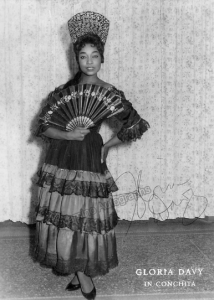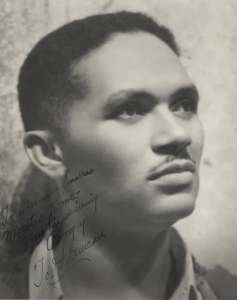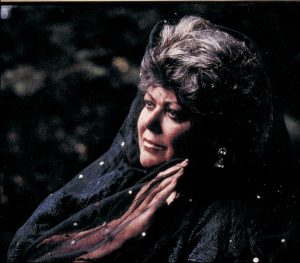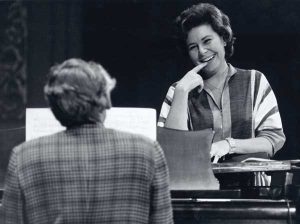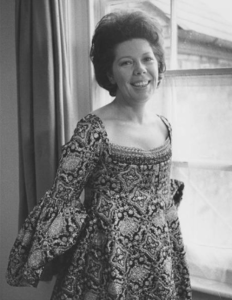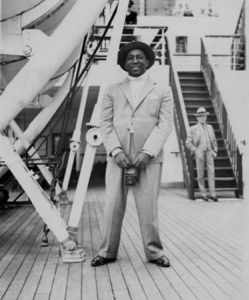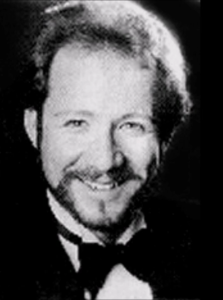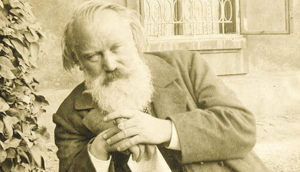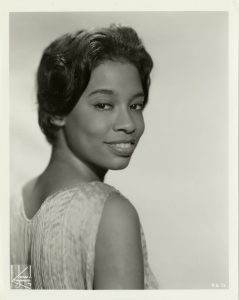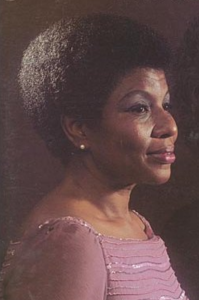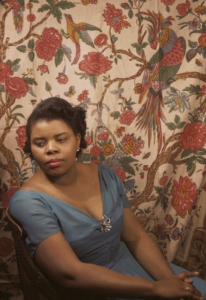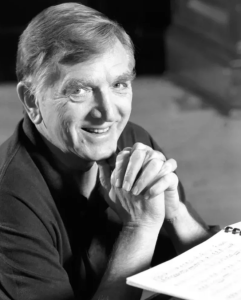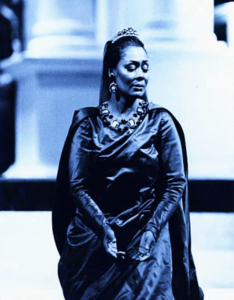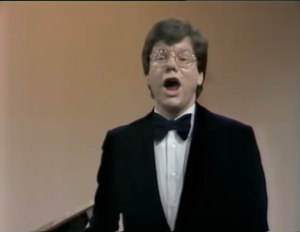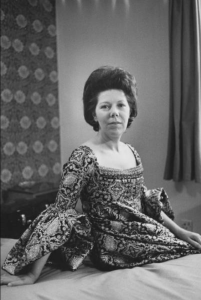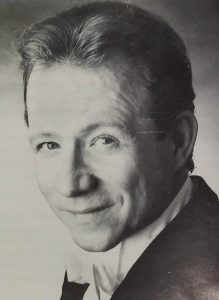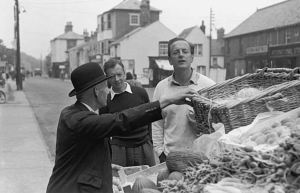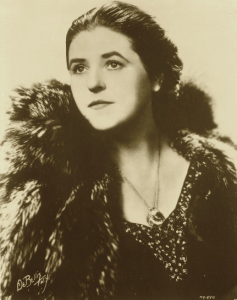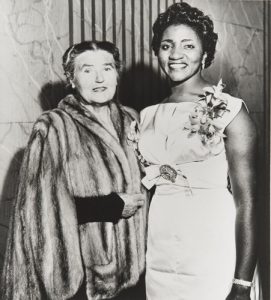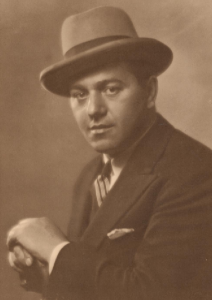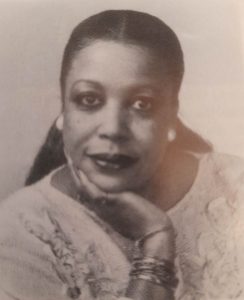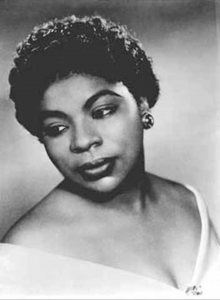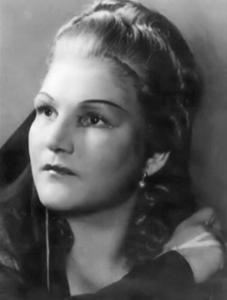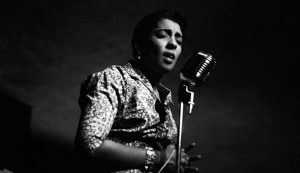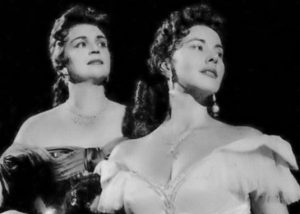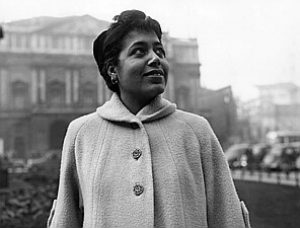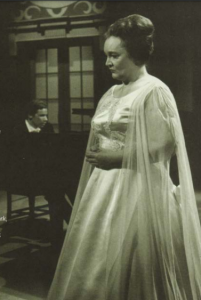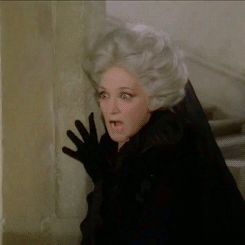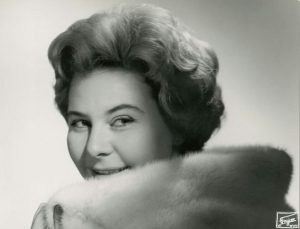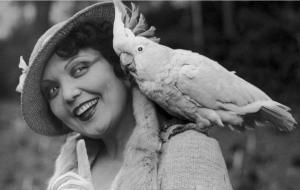Podcast: Play in new window | Download (Duration: 2:07:33 — 133.4MB) | Embed
Subscribe: Spotify | TuneIn | RSS | More
I have been reminded over and over again in recent weeks of the preciousness of life as numerous dear friends and family members face loss of loved ones and their own life-altering health crises. This got me to thinking about how much my mentors have shaped my life. So with this latest episode I inaugurate a new Countermelody series entitled “Honor Your Mentors.”
I have already posted numerous times on the podcast about my beloved teacher John Wustman. This coming July my friend and colleague Chanda VanderHart’s monumental book Accompaniment in America: Contextualizing Collaborative Piano, co-authored with Kathleen Kelly and Elvia Puccinelli, will be published by Routledge. Chanda has put together an astonishing digital archive featuring a wealth of material related to the book: https://accompanimentinamerica.website/index.html Included in this material is an interview I did with Chanda about Mr. Wustman. Chanda has given me permission to include that interview on my podcast. This is supplemented by a sampling of (mostly) studio recordings of John featuring, among others, Régine Crespin, Carlo Bergonzi, Brigitte Fassbaender, Luciano Pavarotti, and Irina Arkhipova: truly an astonishing feast for the ears!
Additionally, I was enormously saddened last week to read of the death of Joan Caplan, my first serious voice teacher in New York, and a phenomenal singer in her own right. Joan also remained a close friend through the years. In recent years she had been living at the Actors Fund Home in Englewood, New Jersey. I was able to visit her there last summer and had intended to go see her again later this month. Alas, that can no longer happen, but I will also be featuring Joan in an upcoming episode in the “Honor Your Mentors” series. In her memory today, I present her in a scintillating recording of Orsini’s Brindisi from Donizetti’s Lucrezia Borgia.
Finally, though I’m sure no one needs to be reminded of this, please, my dears, tell all those you love how much they mean to you; don’t wait until their funerals to give them their flowers!
Countermelody is a podcast devoted to the glory and the power of the human voice raised in song. Singer and vocal aficionado Daniel Gundlach explores great singers of the past and present focusing in particular on those who are less well-remembered today than they should be. Daniel’s lifetime in music as a professional countertenor, pianist, vocal coach, voice teacher, and journalist yields an exciting array of anecdotes, impressions, and “inside stories.” At Countermelody’s core is the celebration of great singers of all stripes, their instruments, and the connection they make to the words they sing. By clicking on the following link (https://linktr.ee/CountermelodyPodcast) you can find the dedicated Countermelody website which contains additional content including artist photos and episode setlists. The link will also take you to Countermelody’s Patreon page, where you can pledge your monthly or yearly support at whatever level you can afford.

